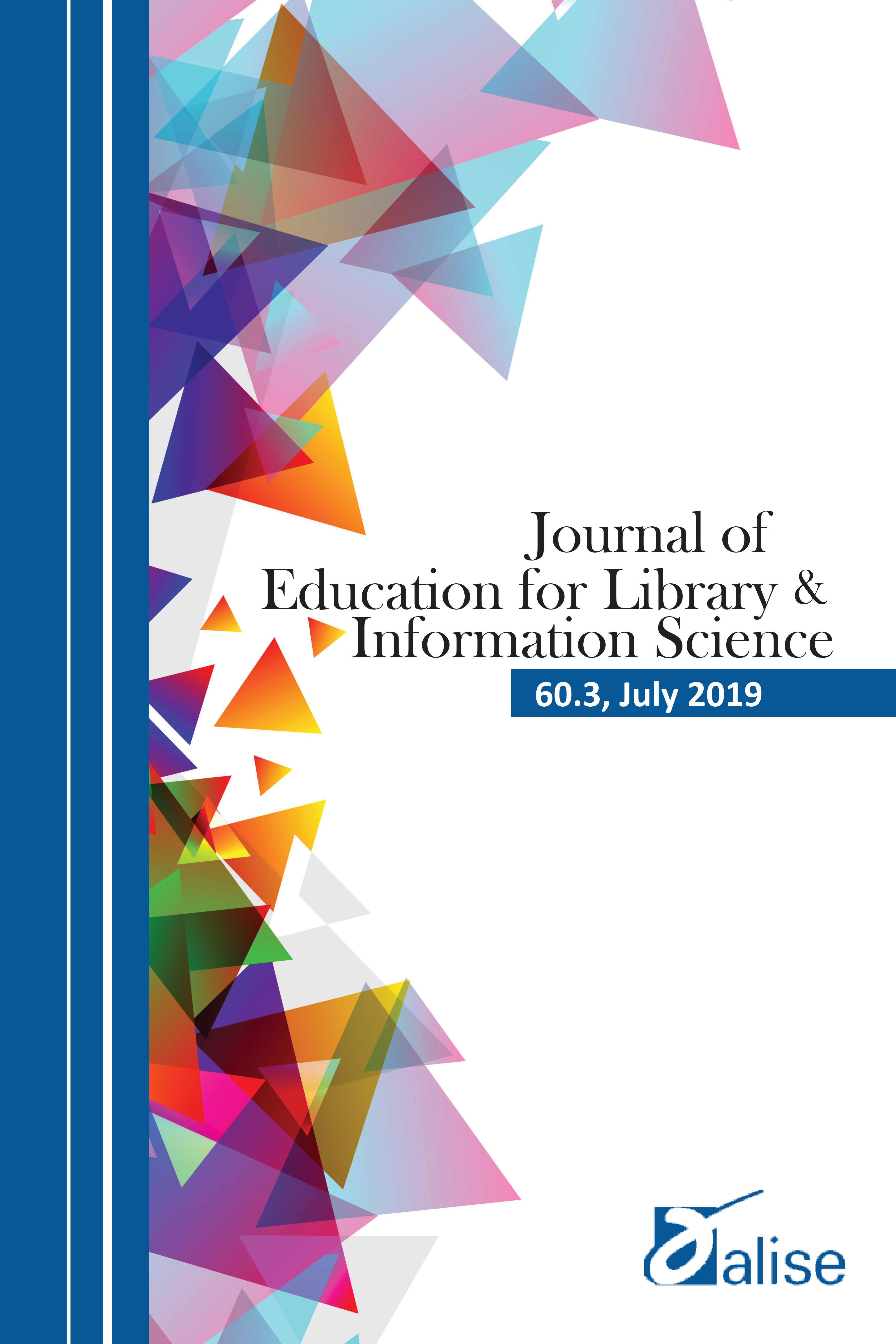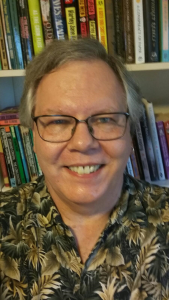
Written by guest blogger John Budd.
The Journal of Education for Library and Information Science Education (JELIS) has a specific purpose. While there are more general resources in library and information science (LIS), JELIS focuses its attention and its content on the education of library and information professionals. To that end, the journal aims to assist those who teach these professionals-to-be. And, in order to accomplish that end, peer review (or gatekeeping) is an essential activity. To begin with, peer review for the content of JELIS has its mechanics, and these mechanics are quite similar to those of many other journals. The co-editors—Denice Adkins and John Budd—review the proposed papers and then assign them to knowledgeable people for detailed review. So far, so good, right?
Well, the knowledgeable people, the experts, examine the papers carefully with a very specific end in mind. Let me admit something; I have just read Michael Oakeshott’s essay, “Rationalism in Politics.” It’s far too deep to do it justice here, but one of his essential points is that Rationalism—in its history over the past four hundred year and in the present—reduces knowledge to one thing. Technical knowledge, or technique. Technique is a shadow of knowledge; it does not reach into purpose, consciousness, genuine impact, or ethics. Even before reading that essay, Denice Adkins and I have communicated to the reviewers that technique alone is insufficient. The real purpose of JELIS is the growth of knowledge related to learning and teaching. The reviewers keep that purpose in mind (and we can say that with confidence after reading many reviews) and offer, not just critique, but constructive guidance directed at enriching the papers they read. By doing this, they also enrich the authors’ experiences. What is published in JELIS, we hope, achieves the purpose.
So we come to the word “gatekeeping.” We mean something very specific when we use this word. It is not the job of JELIS to keep things out. The true goal is the embrace those works that add to the field’s knowledge base and invite things in. It’s the job of the editors and the reviewers to open the gate to those papers that help all readers become enlightened by the journal’s contents. This is our wish, our hope, and we will, with the indispensable help of the reviewers, continue to fulfill the purpose of JELIS.

John Budd is Professor Emeritus with the University of Missouri. He has also taught at Louisiana State University and the University of Arizona. He served for a time as editor of the journal, Library Resources & Technical Services and also of the Association of College and Research Library’s monograph series, Publications in Librarianship. He is the author of approximately 150 works.
Comments on this entry are closed.